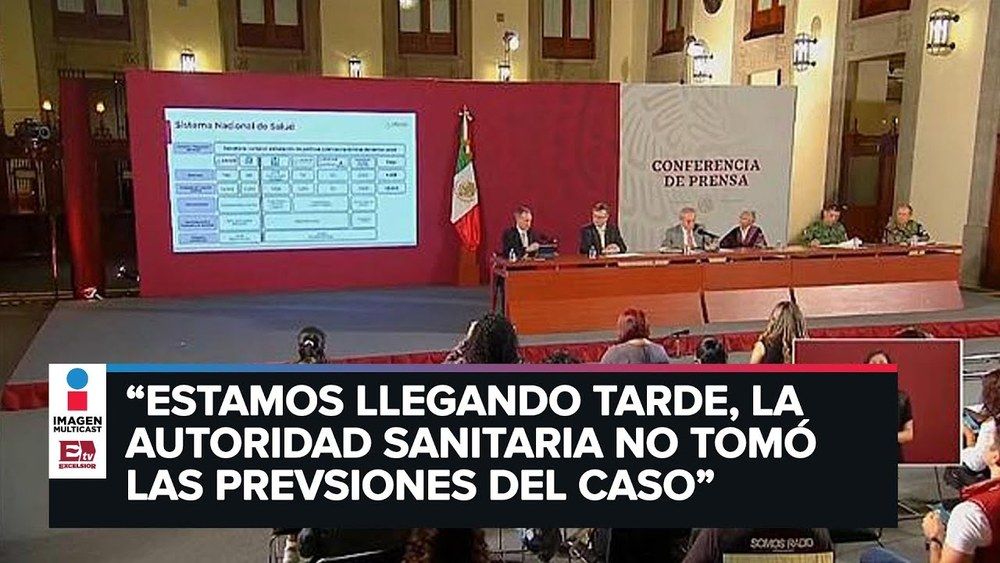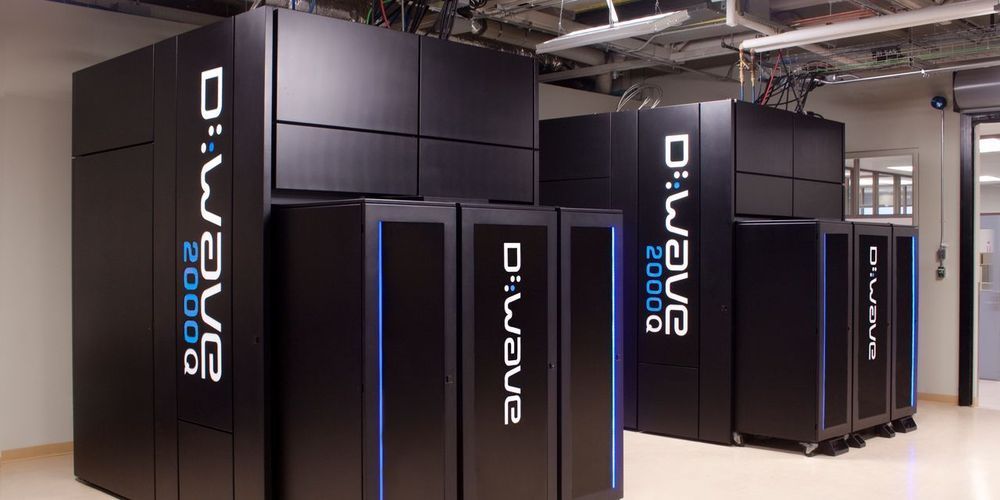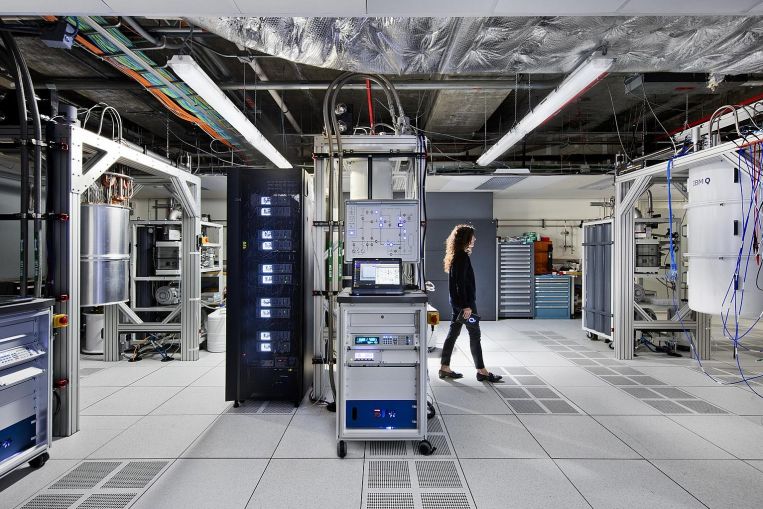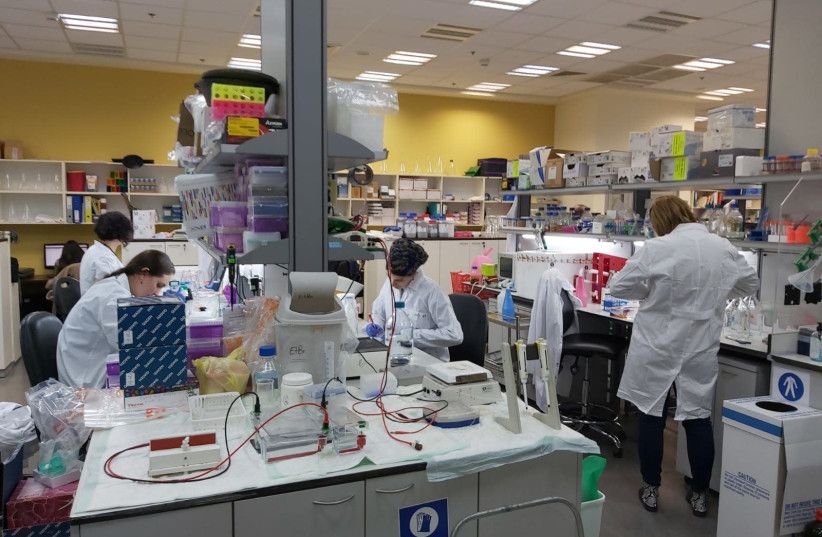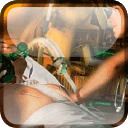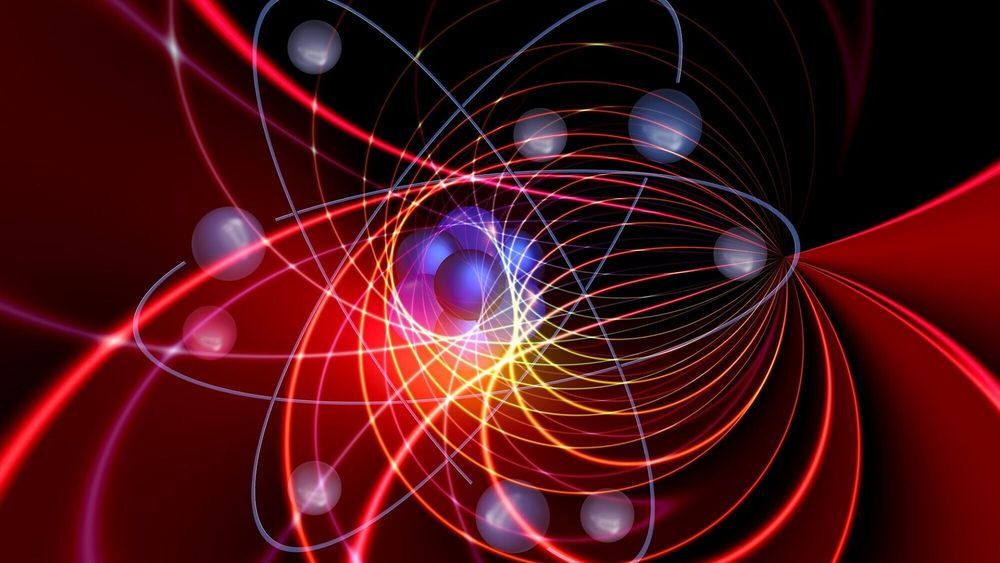
Quantum computing, for its parts, replaces the traditional 1 and 0 computer binary system with a system that calculates the chances of 1 and 0—meaning that it could have both 1 and 0 at the same time, but with different probabilities. “This enables the computing of certain aspects far faster and in a more efficient manner. The computing time could be 1,000 or 10,000 times faster,” said Lupa. When combined with artificial intelligence, machines could learn on their own with the speed of quantum computing, he stated.
At the moment, only massive quantum computers exist, while quantum communications are still at the proof of concept stage. Quantum radars have made some progress. But all of this is expected to change.
“In the end, it will be a revolution,” said Lupa. “But it will not happen tomorrow. When these things become accessible to everyone, then it will be revolutionary.”

